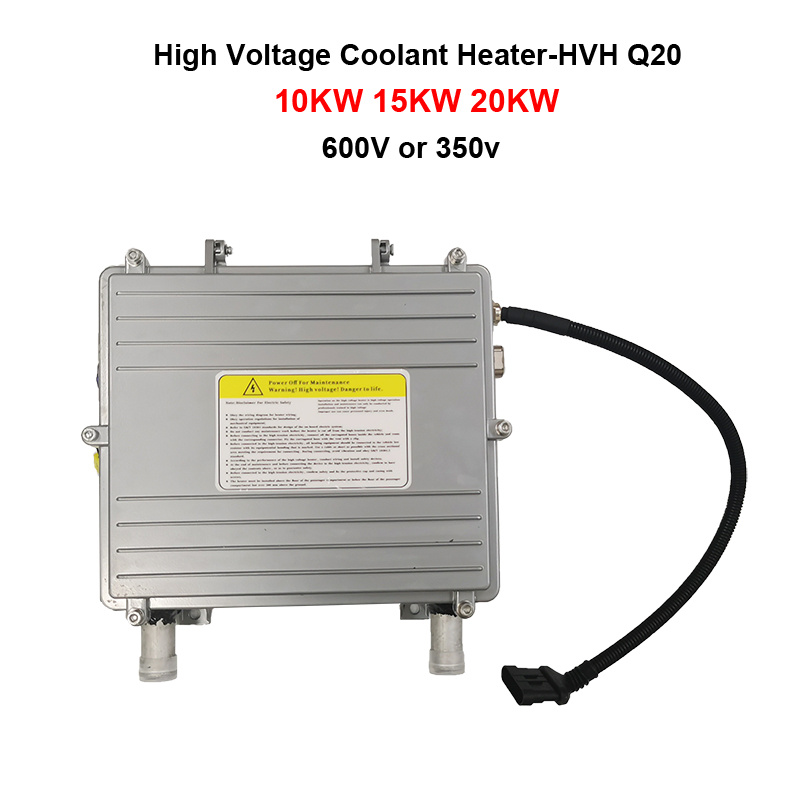As the trend towards electrification sweeps the world, automotive thermal management is also undergoing a new round of change. The changes brought about by electrification are not only in the form of drive changes, but also in the way the various systems of the vehicle have evolved over time, especially the thermal management system, which has taken on a more important role than simply co-ordinating the transfer of heat between the engine and the vehicle. The thermal management of electric vehicles has become more important and more complex. Electric vehicles also present new challenges in terms of the safety of thermal management systems, as the components involved in the thermal management of electric vehicles often use high voltage electricity and involve high voltage safety.
As electric technology has advanced, two distinct technical routes have emerged for the production of heat in electric vehicles, namely electric heater and heat pumps. The jury is still out on which is the better solution. Both routes have their advantages and disadvantages in terms of technology and market application. Firstly, heat pumps can be divided into normal heat pumps and new heat pumps. Compared to electric heater, the advantages of ordinary heat pumps are reflected in the fact that they are more energy efficient than electric heaters in the right working zone, while their limitations lie in the low efficiency of low temperature heating, the difficulty of working properly in extremely cold weather conditions, their excessive cost and their more complex structure. Although the new heat pumps have evolved in performance across the board and can maintain high efficiency at low temperatures, the complexity of their structure and cost constraints are even more significant and their reliability has not been tested by the market in large volume applications. Although heat pumps are more efficient at certain temperatures and have less impact on range, cost constraints and complex structures have led to electric heating being the mainstream heating method for electric vehicles at this stage.
Back when electric vehicles were first emerging, NF Group captured the important growth area of thermal management for electric vehicles. Hybrid and pure electric vehicles without an internal heating source cannot generate enough waste heat to heat the interior or to heat the vehicle's power cell with the existing components alone. For this reason NF Group has developed an innovative electric heating system, the High Voltage Coolant Heater (HVCH). Unlike conventional PTC elements, the HVCH does not require the use of rare earth materials, does not contain lead, has a larger heat transfer area and heats more evenly. This highly compact unit raises the interior temperature quickly, consistently and reliably. With a stable heating efficiency of over 95%, the high voltage liquid heater can convert electrical energy into heat energy almost without loss to heat the interior of the vehicle and provide the power battery with an optimal operating temperature, thus reducing the electrical energy loss of the vehicle's power battery at low temperatures. High power, high thermal efficiency and high reliability are the three core indicators of high voltage electric heaters, and NF Group offers different models of electric heaters for different models to maximise power, start up fastest and independent of ambient temperature.


Post time: Mar-21-2023




